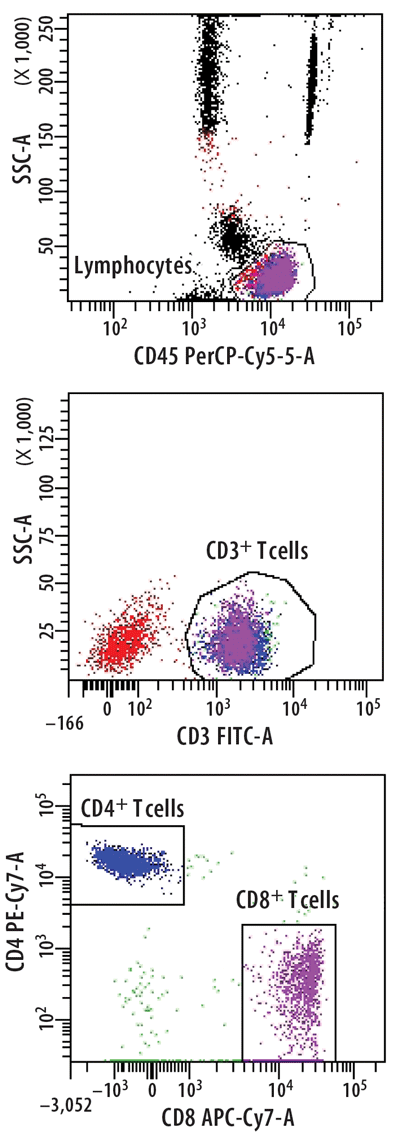flow cytometry results explained
Most discordances were clarified upon high-throughput sequencing of. The basic principle is to pass cells.

What Is Flow Cytometry Facs Analysis
It uses technology to find antigens in cells that characterize the condition to determine the type of CLL a person has.

. A scatterplot also known as a dot plot pictured below. Flow cytometry is a lab test used to analyze characteristics of cells or particles. This example also illustrates why flow cytometry is such a powerful technique compared to other approaches that measure proteins such as western blotting.
In flow cytometry data each cell is 1 dot. In essence results for the same sample can be very different as described below depending on whether the data for the sample are collected and displayed with the older or. Flow cytometry is a widely used method for analyzing the expression of cell surface and intracellular molecules characterizing and defining different cell types in a heterogeneous cell.
The scatterplot and the histogram. Flow cytometry is a powerful tool for measuring the properties of single cells or particles and has a wide range of applications in research and diagnostics. In essence results for the same sample can be very different as described below depending on whether the data for the sample are collected and displayed with the older or.
Originally developed in the late 1960s flow cytometry is a popular analytical cell-biology technique that utilizes light to count and profile cells in a. In a flow cytometry experiment every cell that passes through the interrogation point and is detected will be counted as a distinct event. Gating is used to focus in on the cells of interest.
Fluorescence is used by dye or anti-body labelling to get information on the sample. Each type of light that is detected forward-scatter. Medical practitioners use flow cytometry results in.
During the process a sample of cells or particles is suspended in fluid and injected. For those samples with 4 million cells acquired concordant results were obtained in 93 of samples. Flow cytometry is the measurement of chemical and physical properties of cells as they flow one by one through an integration point most commonly a laser.
What is flow cytometry. Flow cytometry is a technology that simultaneously measures and then analyzes multiple physical characteristics of single particles usually cells as they flow in a fluid stream. As cells scatter laser light in.
Flow cytometry results and analysis Flow cytometry data are commonly visualized in 1 of 2 ways.
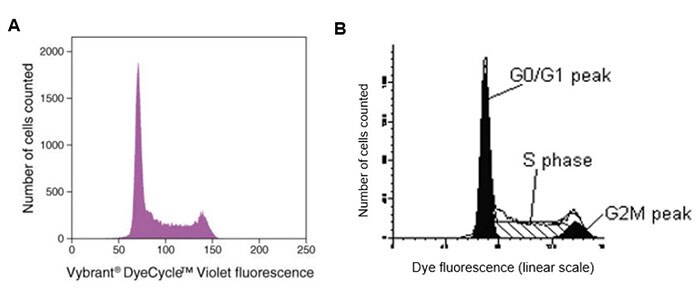
Cell Cycle Analysis By Flow Cytometry Thermo Fisher Scientific Us
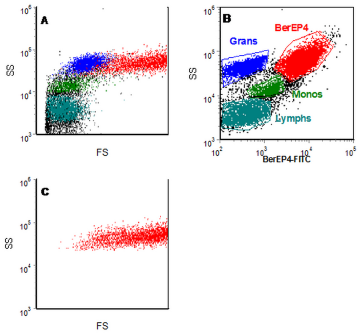
Chapter 4 Data Analysis Flow Cytometry A Basic Introduction

6 Areas Of Consideration For Flow Cytometry Cell Cycle Analysis Cheeky Scientist

Flow Cytometry Analysis Sens Research Foundation
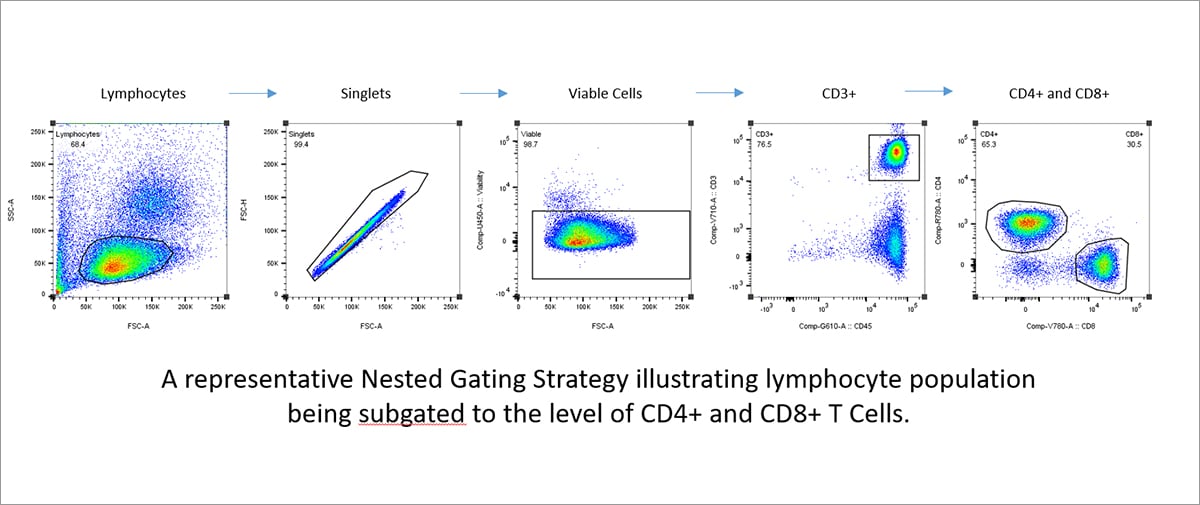
Getting A Go To Gating Strategy
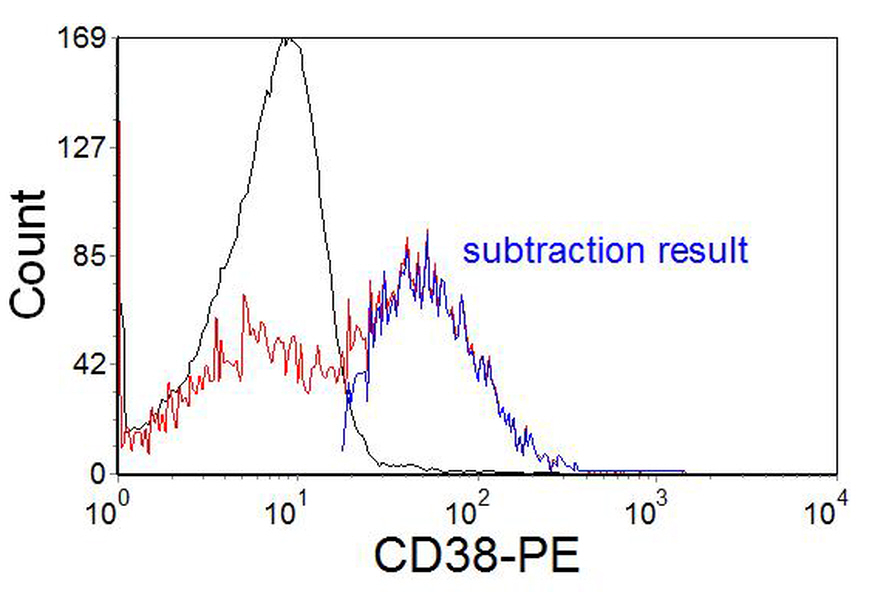
Chapter 4 Data Analysis Flow Cytometry A Basic Introduction
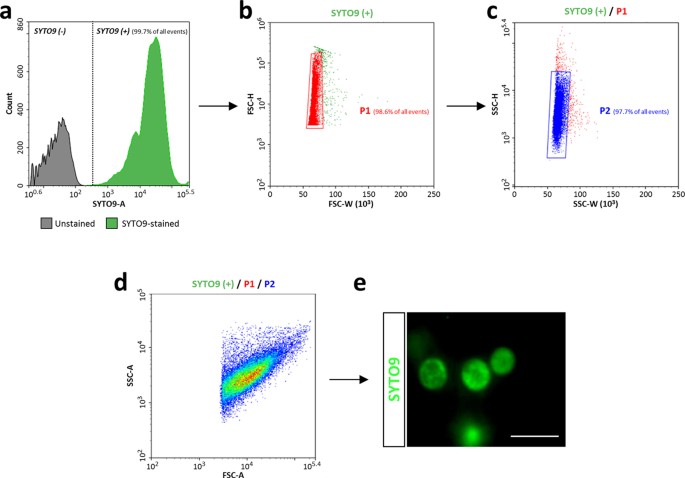
Direct Flow Cytometry Measurements Reveal A Fine Tuning Of Symbiotic Cell Dynamics According To The Host Developmental Needs In Aphid Symbiosis Scientific Reports
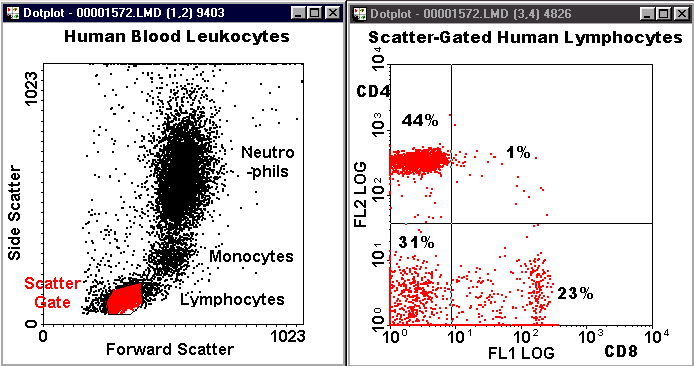
Flow Cytometry Planning Assignment

Flow Cytometry Modernizes Apoptosis Assays Biocompare The Buyer S Guide For Life Scientists

Usmle Step 1 Flow Cytometry Youtube
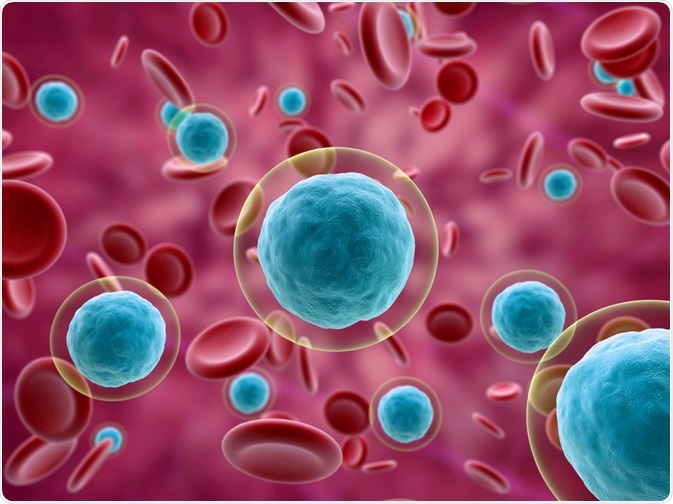
How To Present Flow Cytometry Data In A Publication

Flow Cytometry Data Analysis Recent Tools And Algorithms Montante 2019 International Journal Of Laboratory Hematology Wiley Online Library

Overview Of High Dimensional Flow Cytometry Data Analysis A Fcs Download Scientific Diagram
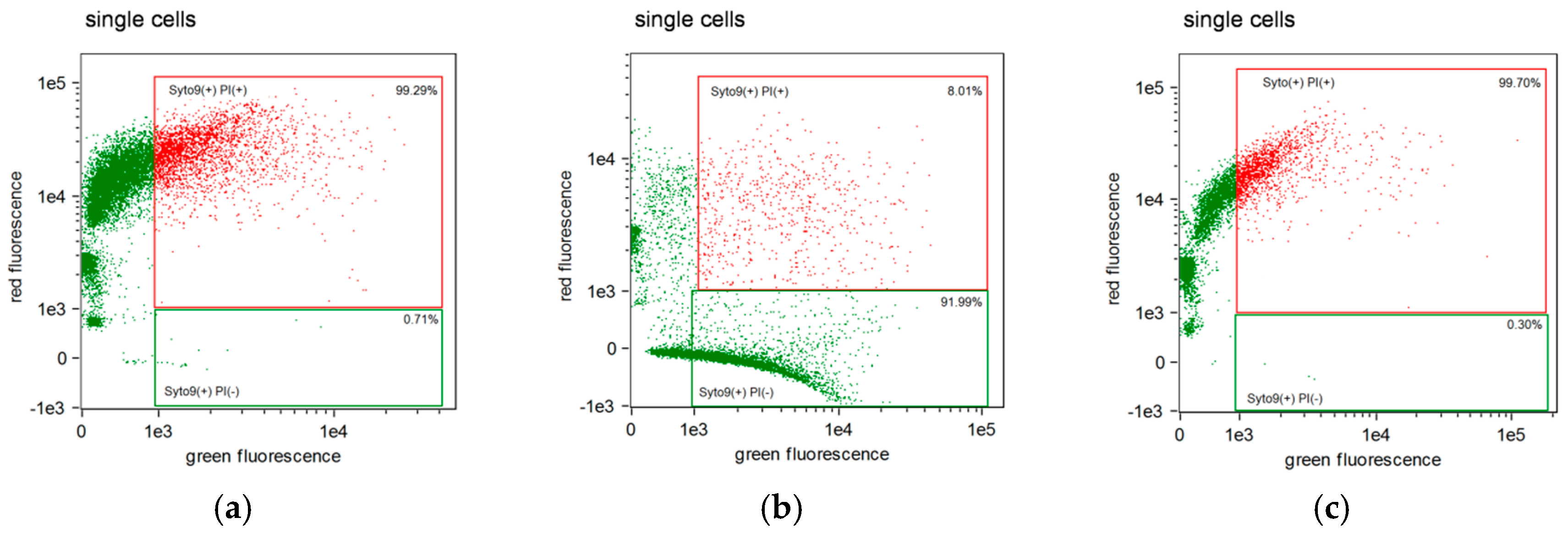
Molecules Free Full Text Flow Cytometry Analysis Of Antibacterial Effects Of Universal Dentin Bonding Agents On Streptococcus Mutans Html

Flow Cytometry Multiplexed Method For The Detection Of Neutralizing Human Antibodies To The Native Sars Cov 2 Spike Protein Embo Molecular Medicine
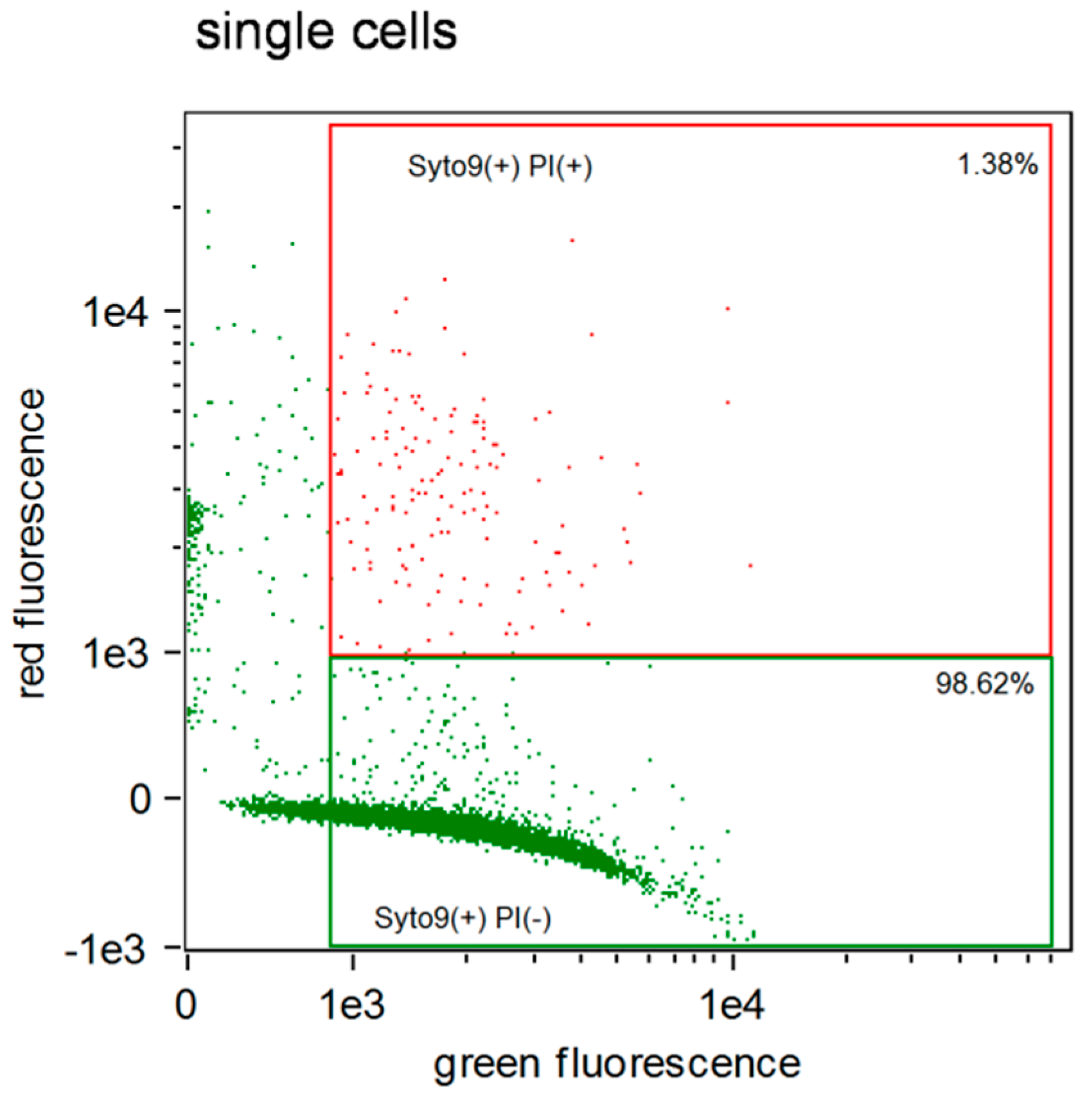
Molecules Free Full Text Flow Cytometry Analysis Of Antibacterial Effects Of Universal Dentin Bonding Agents On Streptococcus Mutans Html

